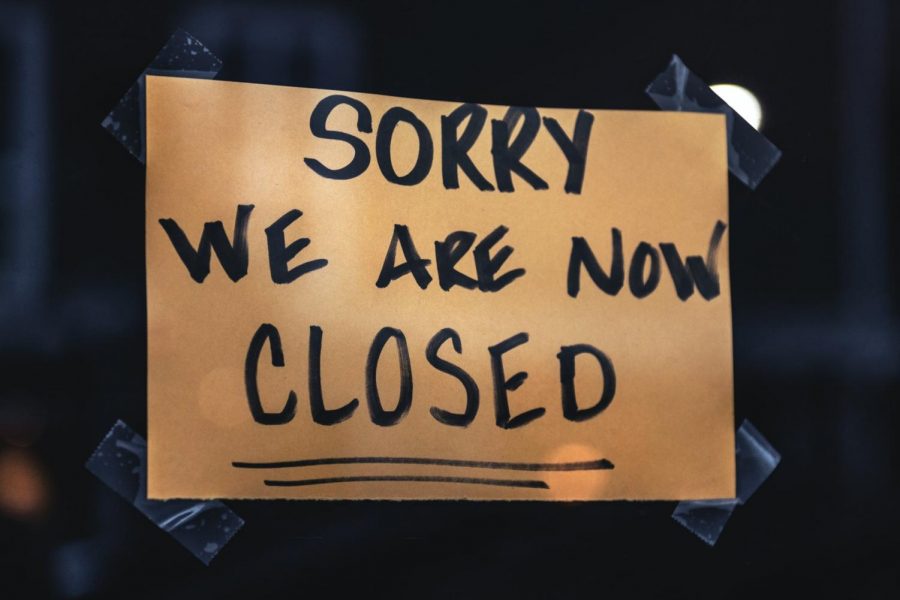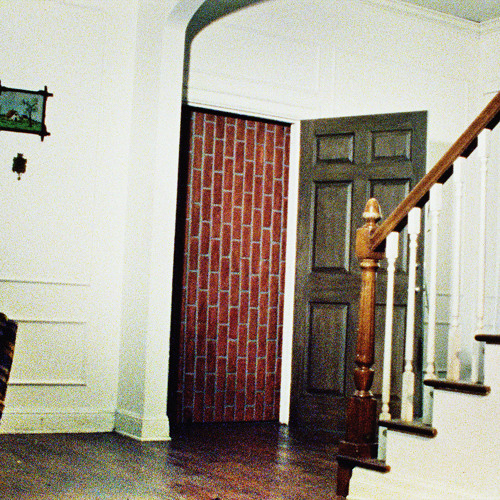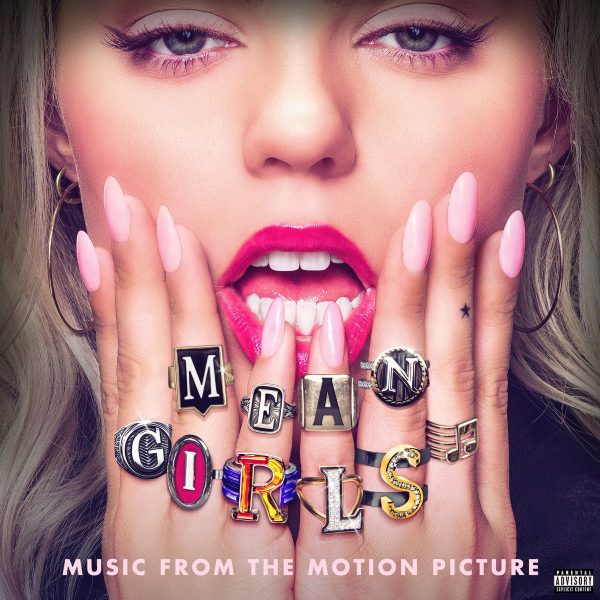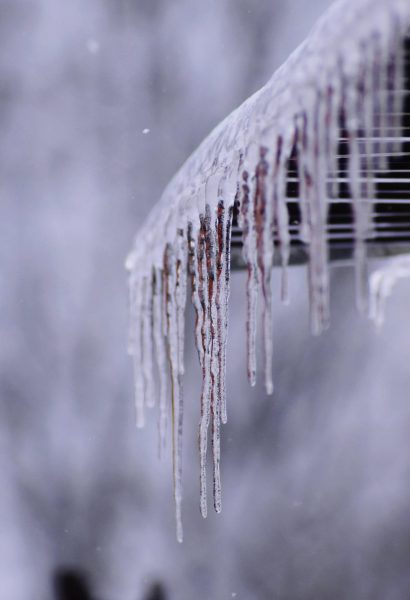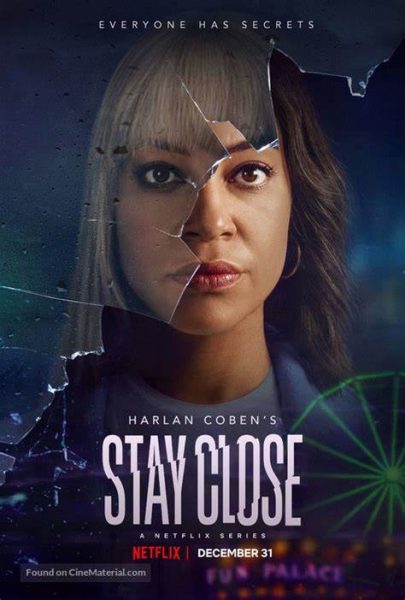The Destruction of Local Business; Another Victim of COVID-19
A sad depiction of many signs local businesses have had to hang in their windows during the pandemic.
March 4, 2021
The first ever reported case of COVID-19 in the United States was on Jan. 21, 2020. By March 13, businesses, schools and lives were ordered to halt in order to protect the public from the deadly virus and America was in a state of National Emergency.
Since then over 15 percent of citizens in a lower economic class have reportedly been laid off from their jobs due to COVID-19. According to the Pew Research Center over 46 percent of citizens in the same socioeconomic family reported having trouble paying their bills.
Local business owner Caleb Arter is fearful for the future of his store Blue 7.
“In this tech world we live in it is easy to find pretty much anything from your couch,” he said. According to Arter, running a business is hard enough in today’s day and age when shopping online is the latest trend.
One of the biggest threats to Blue 7 and other local businesses is the decrease in shopping habits in the general public.
“People just aren’t shopping nearly as much as they were before Covid and that has really hurt us,” Arter said.
Arter no longer feels as if the customer service that the store provides meets their usual standard.
“We just don’t have the resources to offer the type of customer service we were accustomed to before,” Arter said. “It seems that overall people’s expectations for customer service are a lot lower and their attitudes are very understanding of the times we are living in.”
While Oklahoma City generally has thriving arts districts many of the artists themselves do not feel as if they will survive the pandemic. Jessica Petus is a local artist and business owner of the Okc Treehouse who describes her career as being “annihilated” by the pandemic. Petus feels strongly that there are not enough options available to those who work in the realm of arts.
“Our funding is always the first to be annihilated. Our craft is the first to be ignored,” Petus said.
Not only are the local establishments and artists feeling the constraints from COVID-19 but young entrepreneurs are, as well. Entrepreneur and business owner Sinaya Gaston, owner of His Designs, a hair styling company which she started nearly a year ago in February of 2020 has felt the strain from COVID-19.
Gaston has used the pandemic to learn about the business world and how to successfully conquer it.
“I learned that your advertisement and customer service is key! [Clients] are always coming back because of how polite and inviting I am,” Gaston said.
The pandemic has forced Gaston to take certain precautions in order to keep herself and her clients safe.
“I had to start wearing a mask while I work and mandating a mask policy for my clients. I also have had to take more precautions with keeping my space, utensils, chair and doors cleaner than what they would’ve been if the pandemic were not here,” Gaston said.
COVID-19 has made Gaston at times feel hopeless and doubtful about her business.
“I felt discouraged at the beginning because I had to close down my whole business for a while. I felt sad because this was my job and I was providing for [clients],” she said.
Cooper Anderson, CEO of the record label Catapult Recordings, at the young age of 16 has had his fair share of inconveniences and setbacks due to COVID-19.
“We can’t ship out as much merchandise. Meeting the artists [in person] has been hard also,” Anderson said. “We have had to cancel a few music video shoots. It has made things harder for sure.”
Anderson said he has felt disheartened by the current state of the industry.
“There are some periods of time where I look at reports from who is streaming [music] and who is buying merch and I have to ask myself if this is really a good thing to be doing for a living,” he said.

